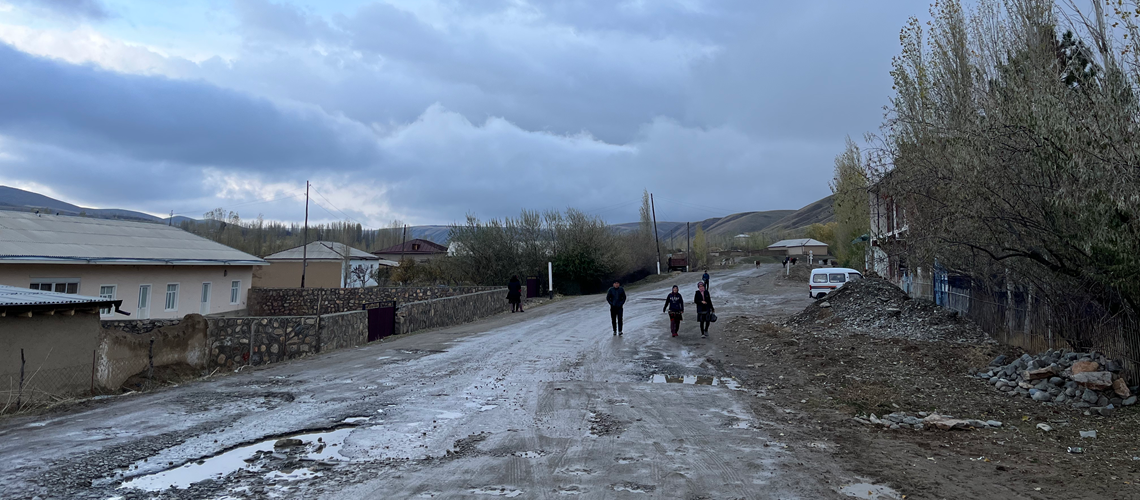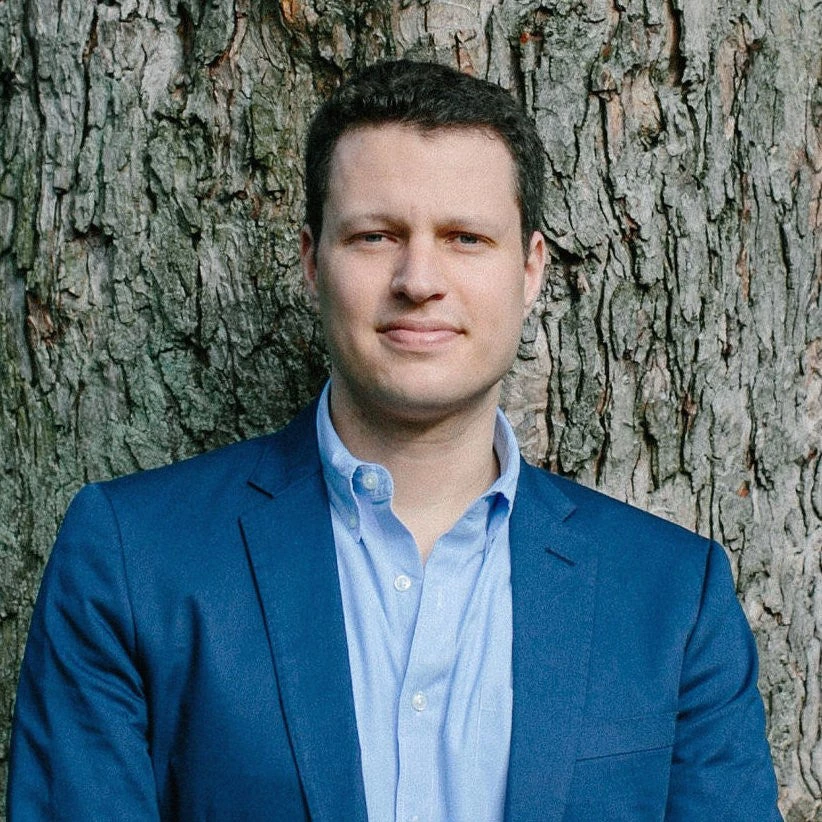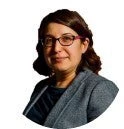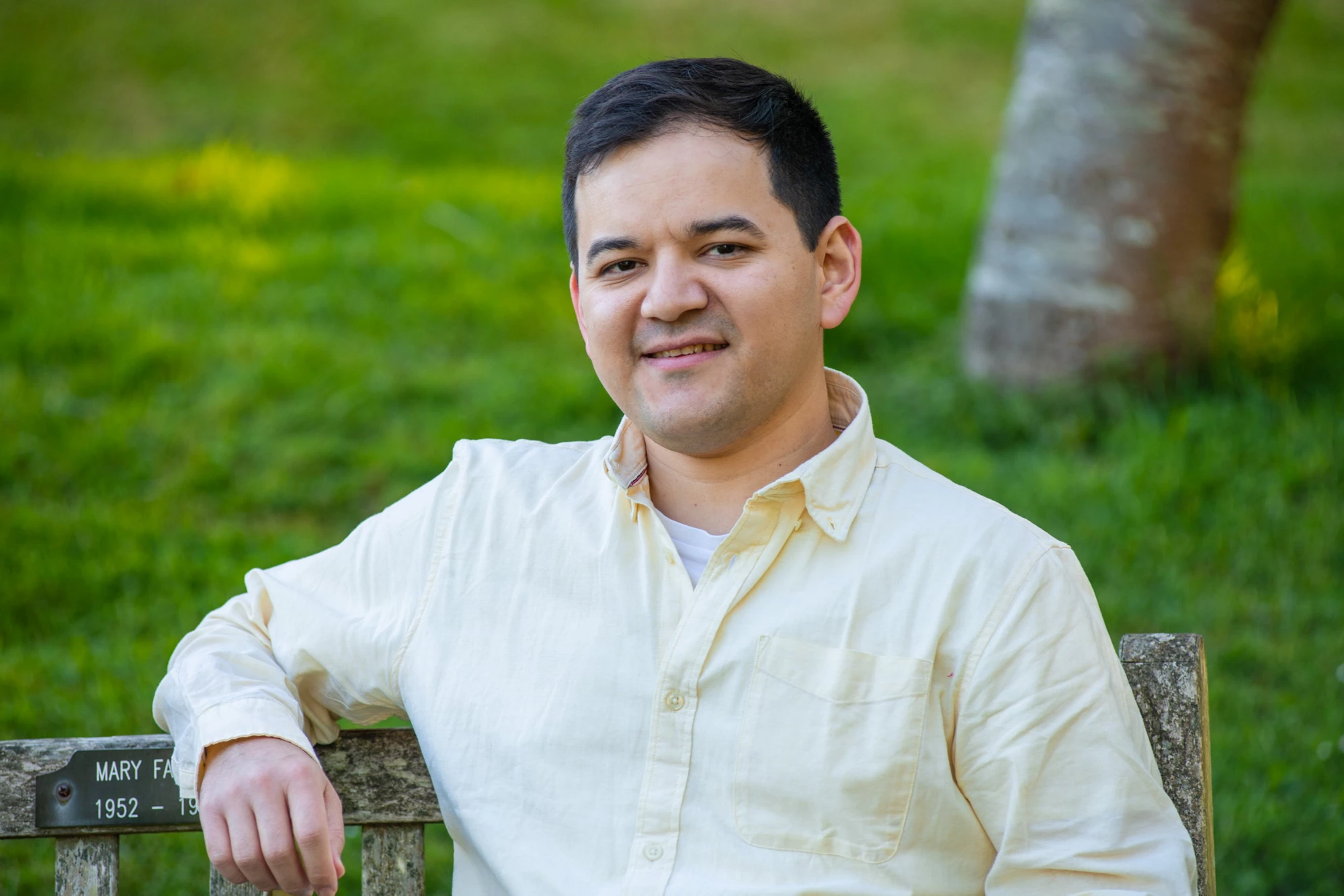 People walking in a muddy road in a village in Jizzakh Province, Uzbekistan.
People walking in a muddy road in a village in Jizzakh Province, Uzbekistan.
Across the globe, persons with disabilities experience mortality rates up to four times higher in natural disasters than people without disabilities. Although 15% of the world’s population has a disability, climate change adaptation efforts do not adequately take their needs into account.
"Across the globe, persons with disabilities experience mortality rates up to four times higher in natural disasters than people without disabilities."
We heard this first-hand in Uzbekistan in November 2022. Five months earlier, devastating mudslides leveled houses, damaged infrastructure, and killed several people in a cluster of villages in Jizzakh Province. These disasters occurred against the backdrop of alarming climate change projections for the country, including rising temperatures and intensifying drought, flooding, and wildfires.
Our World Bank team interviewed nearly two dozen people with disabilities across six villages and several urban neighborhoods in the provinces of Jizzakh, Sirdarya, and Tashkent. The purpose of our fieldwork was to examine climate change vulnerabilities facing persons with disabilities. Among those interviewed was Shahzod, a resident of Jizzakh Province. He described experiences and concerns common to many of our respondents. Reliant on a makeshift plastic cane, he would only be able to move with assistance on his village’s rugged, unpaved streets in an evacuation.
This fieldwork, as well as 40 interviews conducted with staff members of disability rights organizations in Uzbekistan, illustrates the need for disability-inclusive planning as part of climate change adaptation. Our findings are presented in detail in a new World Bank report, “Climate Change and Disability Inclusion in Uzbekistan” (Uzbek version is available here).
Like many countries, Uzbekistan will likely suffer significant vulnerabilities from climate change. Droughts, extreme heat, rainfall volatility, landslides, water shortages, and air pollution are expected to increase in frequency and severity. The drying up of the Aral Sea, once the fourth largest lake in the world, poses serious challenges in large parts of the country.
The interviews revealed that persons with disabilities were strikingly excluded from social and political life. Nearly all respondents were housebound due to a combination of social discrimination, a lack of assistive devices, and inaccessible public infrastructure. As such, they had limited engagement with people outside their household.
Most respondents did not attend local government meetings. This lack of political participation partly stems from the built space: buildings in the rural mahalla (local communities) we visited had steep staircases with no railings or ramps and were thus inaccessible to persons with physical disabilities.
How exclusion increases risk
The social and political exclusion of persons with disabilities increases their risk in the context of climate change. Studies emphasize the importance of local participation in climate change adaptation and the key role of social capital in pre-disaster preparedness and post-disaster recovery. The marginalized status of persons with disabilities precludes their active participation in social networks and local governance, muting their voices in local decision-making related to climate change adaptation.
Respondents spoke about the challenges of navigating state institutions to secure medical assessments, assistive devices, and disability pensions. Such barriers are especially high in rural Uzbekistan, where villages can be far from district centers and public transportation is limited and often inaccessible for persons with disabilities. One respondent, a woman with a spinal cord injury, noted that local authorities did not provide her with adequate support in accessing medical services.
"The marginalized status of persons with disabilities precludes their active participation in social networks and local governance, muting their voices in local decision-making related to climate change adaptation."
Disaster management concerns
Moreover, respondents expressed concerns about disaster management systems. People with mobility issues cited the poor state of roads needed for evacuation. Respondents with vision and hearing disabilities felt that they could not rely on public emergency alerts, including those on TV, since sign language interpretation is often unavailable. Instead, they would have to rely on trusted people to share this news—help that might not be instantly available during an emergency.
These findings are consistent with the results of a 2023 UN Office of Disaster Risk Reduction global online survey. Only 8% of persons with disabilities reported that local disaster risk reduction plans addressed the specific needs of persons with disabilities; 86% reported they had not participated in community-level disaster decision-making and planning.
While some of the above-mentioned concerns can be addressed with investments in physical infrastructure, others require reforms to communication systems or more systematic, disability-inclusive planning for emergency service provision.
The Government of Uzbekistan is taking steps to improve disability inclusion in disaster risk management. This includes the ratification of the UN Convention on the Rights of Persons with Disabilities (CRPD) in June 2021, and the passage of key pieces of legislation, such as the “Law on the Rights of Persons with Disabilities,” which came into effect in January 2021. The CRPD obliges governments to ensure that all climate-related planning and management is inclusive of, and accessible to, persons with disabilities. Through its analytical support, the World Bank is helping Uzbekistan to achieve these goals and implement other international commitments to improve the well-being of persons with disabilities.




Join the Conversation